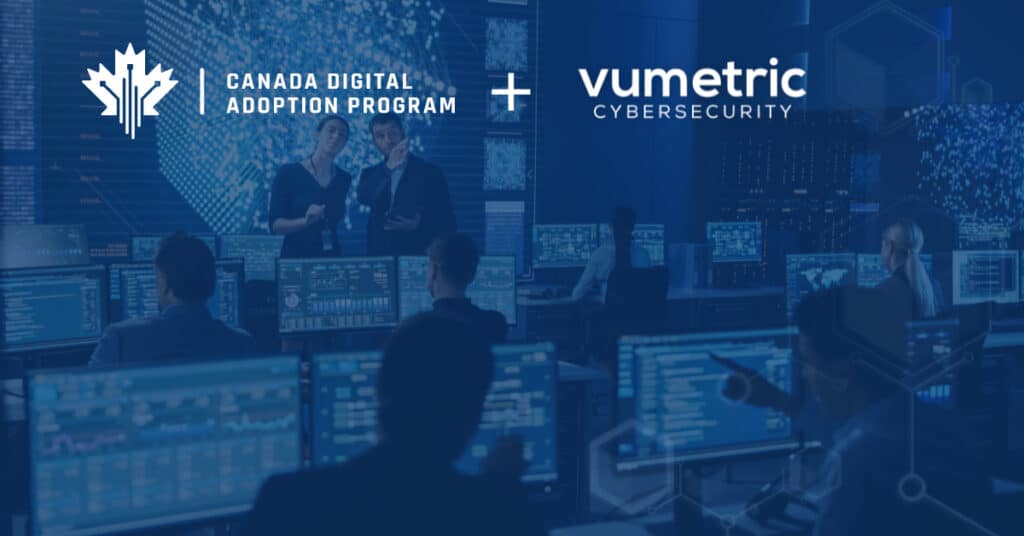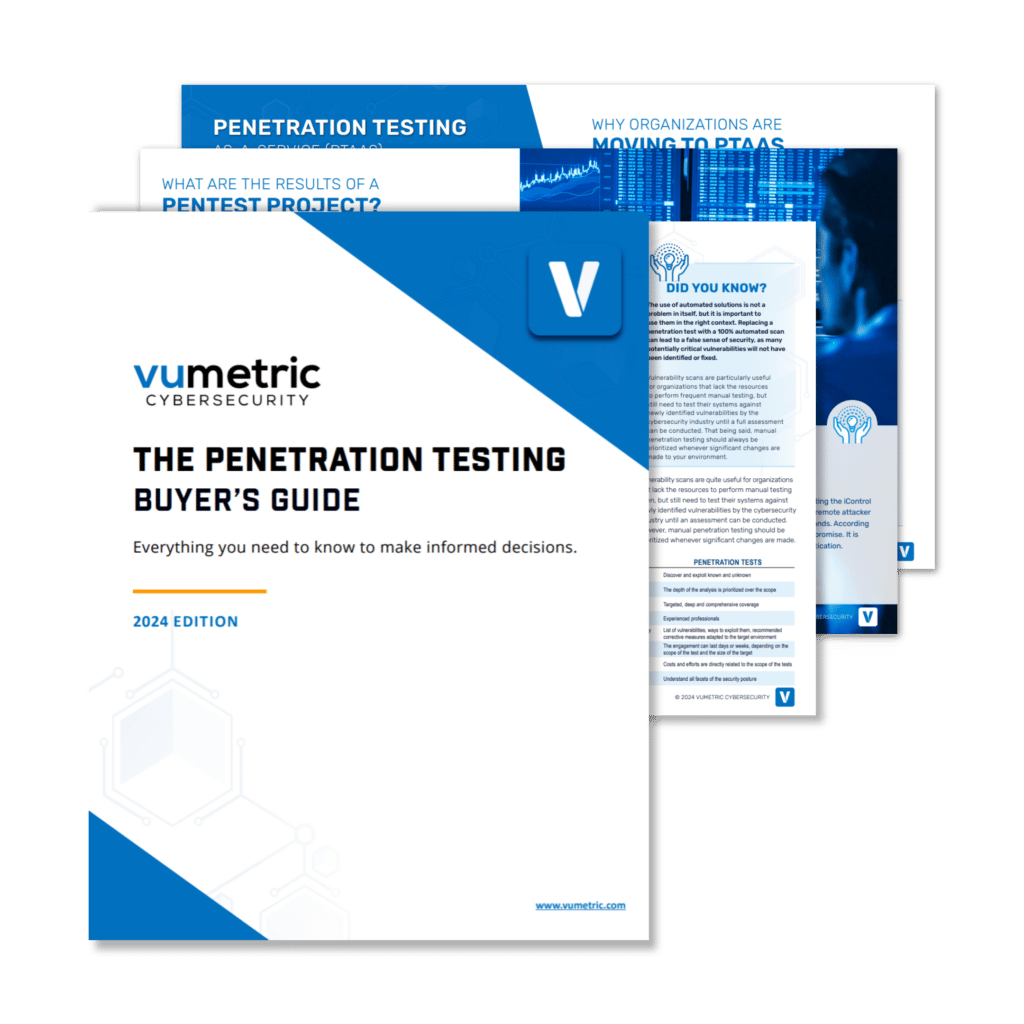Are you thinking of accepting credit or debit cards as a form of payment? Have you started accepting card-based transactions but are not PCI compliant? You’ve heard that becoming PCI compliant is a lot of work, and it can be costly. But, have you thought about what value PCI compliance can generate for your business? Here are various benefits of PCI compliance:
About PCI-DSS
PCI-DSS refers to the security standards that all entities that store, process, or transmit cardholder data must comply with. Its mission is to enhance the security of payment account data through the development of standards and services. These standards set the technical and operational requirements for organizations accepting or processing payment transactions. It includes standards for software developers and manufacturers of applications and devices used in those transactions.
The PCI council was founded by major card issuers and networks such as VISA and MasterCard as a means to reduce fraud as a result of data breaches. When a card-related breach occurs, all parties are investigated. If it is determined that the breach occurred because a merchant was not PCI compliant, fines can be as high as $100,000 a month until compliance is achieved.
1. Prevents Data Breaches
With the evolution of cyber threats, data breaches are becoming increasingly common and frequent, whether its for large companies or small businesses. Protecting against a data breach is the primary mission for the PCI-DSS standard and its requirements help ensure that you’ve covered all the bases to prevent a major breach.
The requirements mandate an annual security assessment of card processing systems, requiring evidence that any technical vulnerabilities within these systems have been identified and fixed successfully. Along with a mandatory penetration test performed annually, these assessments must be performed following any major changes to the network infrastructure, ensuring that no vulnerabilities have been introduced during its implementation.
With these measures, you can be certain that you’ve mitigated the risks of a data breach and that you are protected from any data-related incidents. This means that you will avoid potentially costly fines and the loss of business following a breach.
2. Builds Customer Trust
Even though consumers may not understand what PCI compliance is, they are starting to recognize that the presence of a PCI logo on a transaction page means their transactions are more secure. As large data breaches are getting more attention in the media, many consumers are now reluctant to provide their card payment to online merchants, even more so if said merchant has been the victim of a data breach in the past. According to a recent study, reputation losses and customer turnovers caused by a data breach cost US companies $4.13 millions on average per breach. Being PCI compliant gives you an edge over your competitors who are not, increases your sales potential and helps build trust amongst your customers to increase the likelihood of repeat business.
A 2019 Consumer and Data Protection Report demonstrates how people react to data breaches:
- 35% would lose trust in an organization that suffered a breach.
- 20% would seek compensation with an organization that experienced a breach.
- 23% would stop doing business with an organization that suffered a breach.
- 31% would tell others about organizations that suffered a breach.
The same survey found that most consumers do not trust companies to report data breaches. Clearly, there is a growing distrust among consumers when it comes to data protection, which is why being PCI compliant gives you a competitive edge, as it proves that you take the security of your data seriously.
3. Helps Comply with Other Standards
Being PCI compliant can be the first step towards other regulatory compliance. Because PCI requires penetration testing and vulnerability assessments for the identification and correction of technical vulnerabilities, a significant portion of the necessary security measures are in place for meeting the SOC and ISO 27001 requirements, amongst other standards.
When you become PCI compliant, the costs to meet the requirements of other standards are drastically reduced, as you will already have tested a majority of your security controls. This can be a great asset to appeal to potential investors and business partners.
4. Increases Business Growth
With cybercriminals looking at third-party networks as potentially weak access points, more organizations are scrutinizing the security of their vendors, suppliers and business partners, often imposing strong security requirements before they will work with an organization. When you are PCI compliant, the likelihood of developing business relationships increases tenfold, as complying with PCI is often one of the various requirements for securing business partnerships.
5. Gives Peace of Mind
Another benefit of PCI-DSS compliance is the security improvements it brings. Knowing that your company has conducted its due diligence in securing its informational assets can ease the minds of stakeholders and management, allowing them to focus on innovation and business development, as it can provide you with the peace of mind that your organization has taken the necessary steps to mitigate its cybersecurity risk.
Ensuring that cardholder and other sensitive data is secure builds trust not only with your customers but also with the organizations you do business with. Your company may find it easier to acquire financing or finalize business relationships because of your adoption of security standards.
Most importantly, being compliant reduces the odds of suffering a data breach. No one needs to remind you of the costs associated with a data breach. Not only are there direct costs related to the breach itself, such as technical incident response costing $1.56 million on average per breach, but there are also secondary costs related to the loss of customers which can be harder to recover from.




